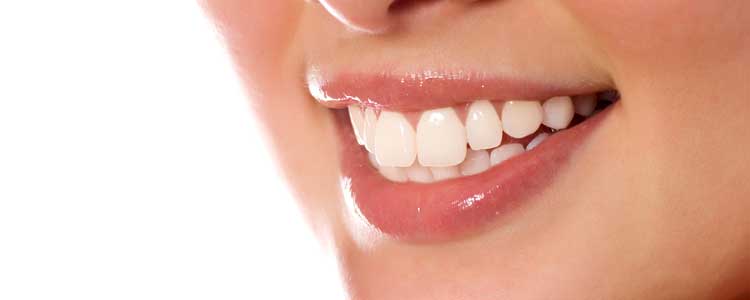
24 Jan The truth about Teeth Whitening.
Teeth whitening is common practice for many people, but with so many options, it’s difficult to know what to choose and what really works. I’ve put together the facts on teeth whitening and outlined the outcomes you could expect.
BLEACHING
Bleaching is a safe and effective treatment to lighten the colour of your teeth. Unfortunately if you have fillings or crowns, bleaching won’t lighten these. If you have patches of different shades of colour on your teeth, bleaching cannot always even out the colour, which could give you a disappointing result.
It’s important that you speak to your dentist before you undertake bleaching so they can let you know what you can expect from the treatment.
There are side effects to dental bleaching, which may include increased tooth sensitivity, sore gums, and softening to the surface of the tooth.
The most effective way to bleach is with low level 10% carbamine peroxide, with well fitting trays for the recommended length of time.
An interesting fact to note is that stronger bleach is not the answer for whiter teeth; it is about applying bleach over a longer period of time in small doses.
LIGHTS AND LASERS
Lights and lasers (which are generally lights labelled as lasers) make minimal changes to the discolouration and whitening of your teeth. They do speed up the process marginally, but the treatment can increase tooth sensitivity substantially.
The European Council of European Dentists also warn against dental light whitening treatments. Their research shows that the illusion of dental lightening is achieved by dehydrating your teeth.
This means that your teeth will revert back to the original colour very quickly.
HOW DO YOU KNOW WHAT YOU ARE GETTING?
It’s important that before you undertake any whitening treatment that you have a dental check-up and assessment and then discuss the options available.
Ask your dentist to let you know what results you can expect from the whitening treatment and what recourse you have if it is not up to your expectations.
For example, if you are not happy with the results, we will refund your fee.
The best advice is that you need to be equipped with the right information so you can make an informed decision.
Questions to ask your dentist:
- What type of whitening treatment do you use?
- What results can I expect?
- Will be teeth be affected by the treatment?
- Will my teeth be more sensitive?

No Comments